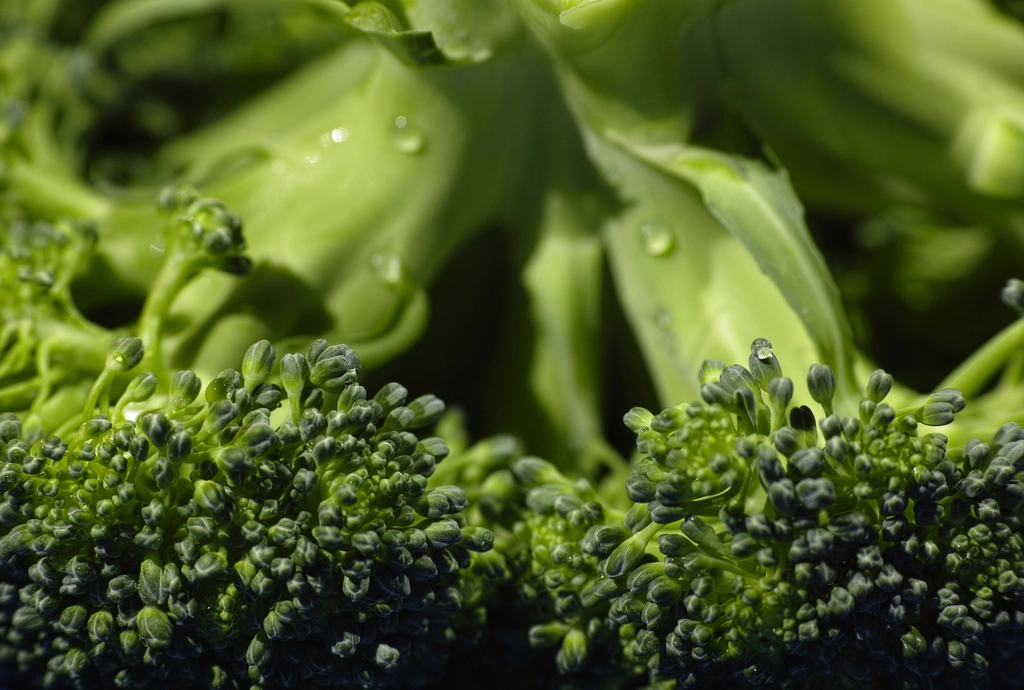Eating vegetables is healthy, but some varieties appear to be especially powerful. New research suggests that broccoli and other cruciferous vegetables may play a key role in lowering the risk of colon cancer.
More veggies, lower risk

A large review of 17 studies including nearly 100,000 participants showed that people who ate more cruciferous vegetables had a reduced risk of colon cancer.
Broccoli, kale, and cauliflower take the lead

Researchers found that broccoli, cauliflower, kale, and Brussels sprouts were among the vegetables most strongly linked to reduced cancer risk.
20 grams a day makes a difference

Even a daily intake of just 20 grams showed a measurable protective effect against colon cancer.
Also read: These Common Buffet Foods Are Bacteria Bombs
Too much doesn’t add more benefit

Eating between 40 and 60 grams a day did not provide additional advantages, suggesting the body has a threshold for these nutrients.
Powerful plant compounds

These vegetables contain compounds such as sulforaphane and indoles, which help protect cells from toxins, free radicals, and damage.
Fiber that supports the gut

The mix of soluble and insoluble fiber helps feed the gut microbiota and keeps the intestinal lining strong and healthy.
Beyond colon health

Previous studies have linked cruciferous vegetables to lower risks of several cancers, including lung, bladder, and stomach cancers.
Also read: This Is Why Your Vision Is Blurry Every Morning
Experts warn of rising cases

Doctors such as Nilesh Vora from the MemorialCare Todd Cancer Institute point out that colon cancer is increasingly affecting younger people, and diet is likely part of the reason.
Simple tricks to boost intake

Chopping, steaming, or roasting cruciferous vegetables can enhance flavor while preserving the active compounds that provide protection.
Prevention starts in the kitchen

Researchers emphasize that cancer prevention is not found in a pill but in everyday food choices — and a handful of broccoli may be one of the strongest tools we have.
This article is based on information from Medical News Today
Also read: These Physical Illnesses Are Often Mistaken for Anxiety
Also read: Doctor reveals 5 warning signs of aggressive brain cancer
